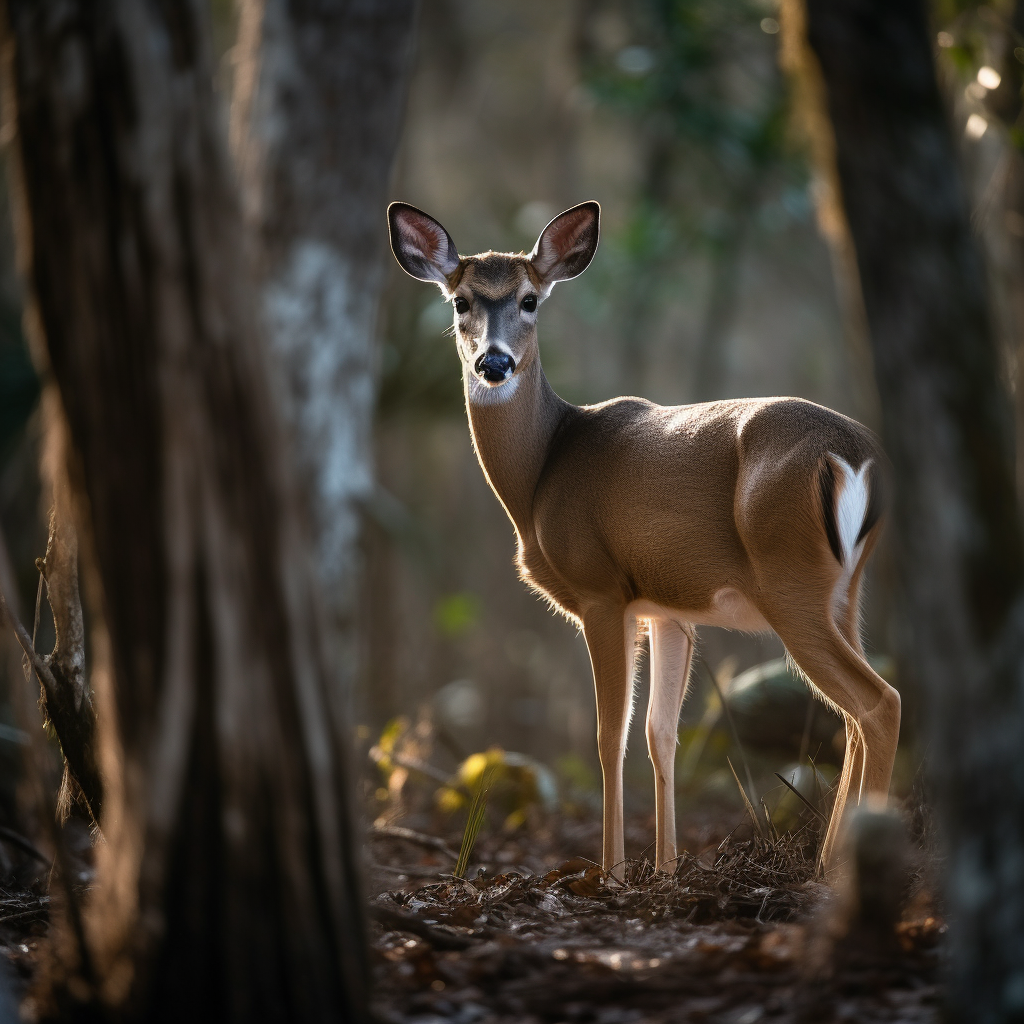September 13, 2023
Florida’s Key Deer – Resilience and Climate Challenges
Book a Demo
The tale of the Key Deer, a unique species indigenous to the Florida Keys, is a testament to the power of dedicated conservation efforts. In the 1950s, this diminutive deer species was on the brink of extinction. However, thanks to the Endangered Species Act, the Key Deer population has rebounded and is now thriving in its native habitat.
Local resident, Omar Barrera, is among the many individuals who have embraced these charming creatures as part of the community. He treats the deer almost like pets, which is a testament to the strong bond that can be formed between humans and wildlife when mutual respect and understanding are fostered.
However, despite the success story of the Key Deer, the species’ habitat is now facing new threats due to climate change. Rising sea levels, a consequence of global warming, are reducing the size of the South Florida islands where the Key Deer reside.
The Endangered Species Act, which is celebrating its 50th anniversary, has a remarkable 99% success rate in preventing extinction. However, it is now being challenged by the pervasive and devastating effects of climate change. Future strategies for the act could include relocating species to new habitats where they could potentially survive in warmer climates.
Climate change is also causing a dramatic loss in sea ice, which is having a grave impact on the survival of other species such as polar bears and seals, who depend on this ice for their survival. Furthermore, climate change is creating shifts in natural events such as flower blooming and insect hatching, disrupting the life cycles of many species and thereby destabilizing ecosystems.
As daunting as these threats may seem, there are ways in which we can fight against climate change. Reducing our carbon footprints, advocating for clean energy, supporting wildlife protection organizations, and educating others about the impacts of climate change are all steps we can take to help safeguard our planet and its myriad of species.
The story of the Key Deer is a testament to our ability to preserve and protect wildlife. By continuing to fight against climate change and support conservation efforts, we can help ensure that future generations will be able to enjoy the natural beauty and biodiversity our planet has to offer.



